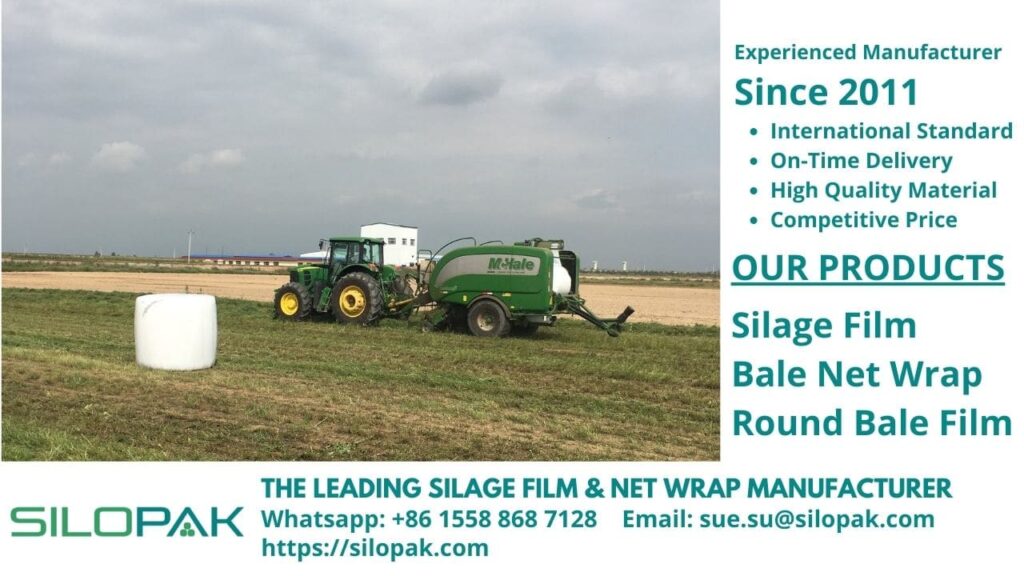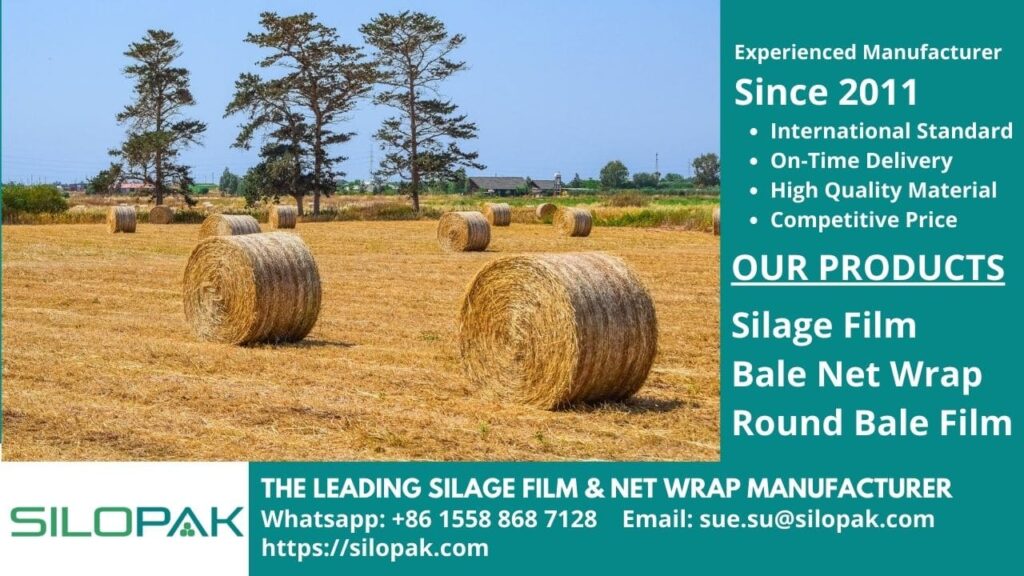
Feed plays a vital role in raising livestock. But feeding livestock is not just about putting fodder in front of them. Every farmer must know the types of livestock feed needed to maintain healthy and productive livestock.
contents
Types of Livestock Feed
There are at least 12 types of feed needed to raise livestock. Here is the explanation of each.
1. Hay
Straw usually consists of grass, legumes, or other herbaceous plants, which after being cut, will be dried and stored as animal feed, especially livestock.
2. Grains
There are four kinds of grains that can be used as livestock feed, including corn, oats, soybean meal, and barley.
3. Silage
It is a type of animal feed made from green foliage crops (not just the grains) such as maize, sorghum, or other cereals preserved through fermentation.
4. Straw & Chaff
These types of feed are residue from cereals, legumes, and other crops that have been harvested and consist of dry stems and leaves. Although generally straw & chaff have coarse fiber, low protein, and low digestibility, they can still be used as feed as long as they are equipped with the necessary supplements for livestock.

5. By-Products
By-products as feed generally come from various sources, such as grain processing, manufacture of fiber products, and human food and beverage production.
6. Supplements
Supplements as feed are a mixture of minerals that are given by the creeping feed method, as for adult livestock using concentrate or roughages, such as straw or baleage.
7. Vitamins
Some of the vitamins that livestock need are vitamins A, D, and E.
- Vitamin A is very useful for maintaining healthy skin, eyes, respiratory and digestive tracts, as well as reproductive organs. It is also important for maintaining kidney function and for bones, teeth, and nerve tissue to develop properly. This vitamin is generally derived from the carotene in green and yellow plants.
- Vitamin D can naturally form when livestock is exposed to sunlight. This vitamin is very useful for maintaining healthy bones and the digestive tract.
- Vitamin E is effective in treating white muscle disease in calves.
8. Minerals
Cobalt, copper, iron, iodine, manganese, zinc, and selenium are trace minerals important to good livestock nutrition.
9. Salt
Salt is a feed additive that plays an important role in maintaining the mineral balance of livestock at the right level and keeping them healthy. It is recommended to use sea salt because this type of salt contains additional essential minerals and trace elements needed by livestock.
10. Fats
Fat is considered an essential nutrient for livestock. Of course, the fat in question is several fats that can provide additional benefits to increase the productivity of your livestock, such as tallow, sunflower oil, and canola oil. Some of these benefits include increasing the maximum energy supply to increase milk production, stamina, and fertility.
Livestock generally requires the intake of more than 6% fat in a dry matter to maintain body stamina and productivity. However, if you give more than 3.5% fat in dry matter, your livestock may suffer damage to the digestive function. Therefore, it is very important to include rumen-protected fat in your livestock feed.
11. Milk
Milk is a special feed for calves. You can use cow’s milk or formula powder that is sold in the market.
12. Formula
This type of feed is a mixture of several types of feed mentioned above.
There are hundreds of diseases due to lack of nutrients, minerals, and vitamins that can attack your livestock, such as bloat, grass tetany, hypocalcemia (milk fever), and ketosis (pregnancy toxemia). These diseases can not only cause health problems that affect productivity but can also cause death. Therefore, You must understand well what type of feed is needed and choose the right feed for your livestock. If you are confused about choosing the best feed for your livestock, you should consult a veterinarian or livestock specialist.
It is also important to remember that you need films to preserve livestock feed, such as the silage you produce. The films must be of good quality, especially having a good resistance against weathering to maintain the nutritional value of the contents and inhibit undesirable fermentation processes. That means you should buy it from a trusted manufacturer.
If you are confused about choosing a film producer, Silopak could be your best choice. This manufacturer has been one of the global silage film and bale net specialists since 2011. You do not need to doubt the quality of the products offered because they are produced using the best materials and are available in various sizes to suit your needs.
